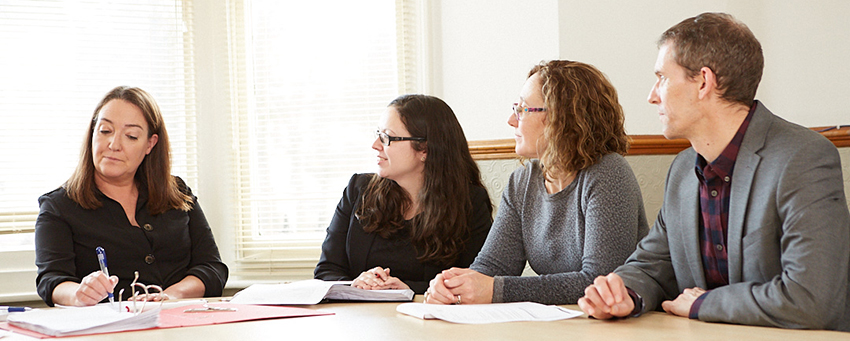Section 117 aftercare funding and reform of the Mental Health Act 1983. Will national guidance resolve s117 disputes?

Last week, the government published its White Paper in response to the 2018 Independent Review of the Mental Health Act 1983 (“the MHA”). There is a public consultation which ends on 21 April 2021.
The independent review found, and the White Paper accepts, that there is inconsistency in the way that health and social services across England deal with their statutory aftercare duties under Section 117 of the Mental Health Act (s117). There is also an acknowledgment of the lack of clarity around who is responsible for funding what aftercare services, and what counts as aftercare.
The Review put forward 154 proposed reforms, some of which are radical in the context of compulsory detentions, such as empowerment and autonomy for the detained patient, and using MHA powers in the least restrictive way. Other proposed reforms are long overdue, such as limiting the use of compulsory detention for people with learning disabilities and autistic people; and addressing the disproportionate use of detention amongst certain ethnic groups.
Most professional deputies and private client lawyers will only deal with the MHA when it relates to a client’s eligibility for free aftercare services under section 117. While s117 aftercare will only apply to a handful of our clients, the fact that it should result in free long-term care and support makes it the most valuable source of statutory funding.
The eligibility criteria for s117 aftercare are straightforward. When a person has been detained in psychiatric hospital under a relevant treatment section of the MHA, health and social services have a duty to provide aftercare to that person if the aftercare services meet a need arising from or related to the person’s mental disorder; and if the aftercare services reduce the risk of a deterioration of the person’s mental condition (and, accordingly reduce the risk of requiring further psychiatric admissions).
Despite the straightforward criteria, cases about s117 aftercare services and funding can become a battleground, with health or social services denying that they have lead responsibility, or accepting a s117 duty, but placing arbitrary limits on what services they will fund and limiting the person’s choice about where and how they receive aftercare.
Over the past ten years, we have assisted professional deputies, personal injury litigators and other professional and lay clients with a wide range of s117 casework issues, including:
- Securing valuable current and backdated s117 aftercare funding awards for clients who satisfy the eligibility criteria, but who have privately funded their care for many months or years after falling through the s117 gaps
- Establishing that the cost of the client’s care home accommodation or supported living accommodation should be covered within their s117 aftercare package, not just the cost of their care and support
- Preventing or challenging a decision by health or social services to withdraw s117 aftercare services when the client still has a need for aftercare
- Advising about cases where the client’s aftercare is only partly funded under s117, so the client is paying privately for some of their care as a result of social services means-testing
- Asserting the client’s right to choice of where they receive their aftercare under s117, including whether it is lawful for social services to charge a top up payment.
The proposed reforms should clear up some of the inconsistency in law, practice and local interpretation. There is an intention to publish national guidance to allow greater clarity on how budgets and responsibility should be shared to pay for s117 aftercare. The government has also promised that the new Code of Practice will contain a clear statement of the purpose and content of section 117 aftercare services.
Fortunately, there is no proposal to abolish free aftercare under s117, which has long been a risk within government austerity measures. This means that those of our clients who have been unfortunate enough to be compulsorily detained will not be required to personally pay for their resulting aftercare needs.
Until the reformed Mental Health Act is implemented, the existing confusion about s117 entitlements will continue. The findings of the report reflect our s117 casework experience “where Local Authorities and the NHS too often create ad hoc arrangements and engage in costly legal disputes”.
Our Community Care lawyers provide expert legal advice on section 117 aftercare entitlement and the complex interface between the MCA 2005 and MHA 1983. If you require assistance, please contact us on 01273 609911, or email deputyservices@ms-solicitors.co.uk.


